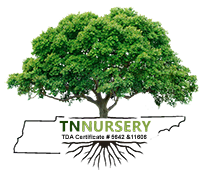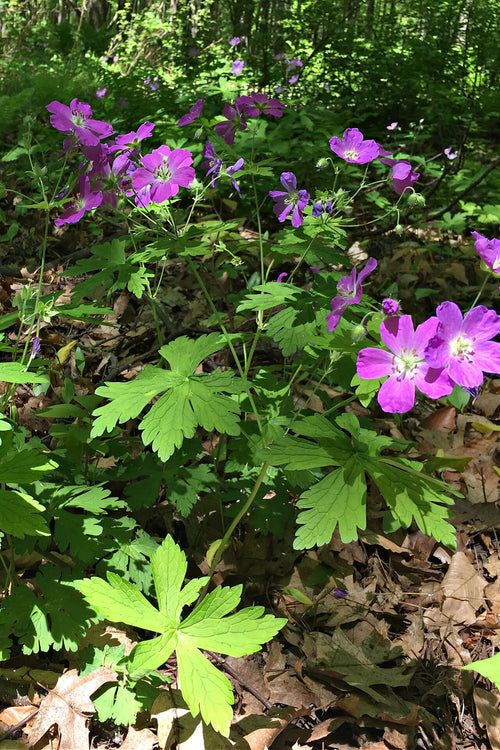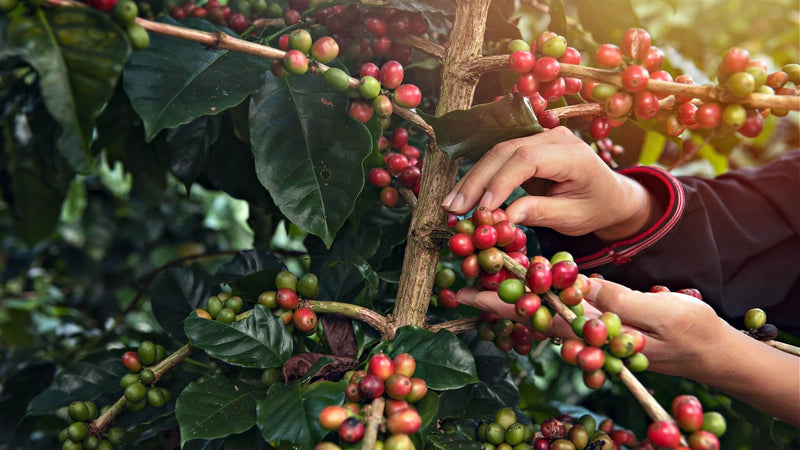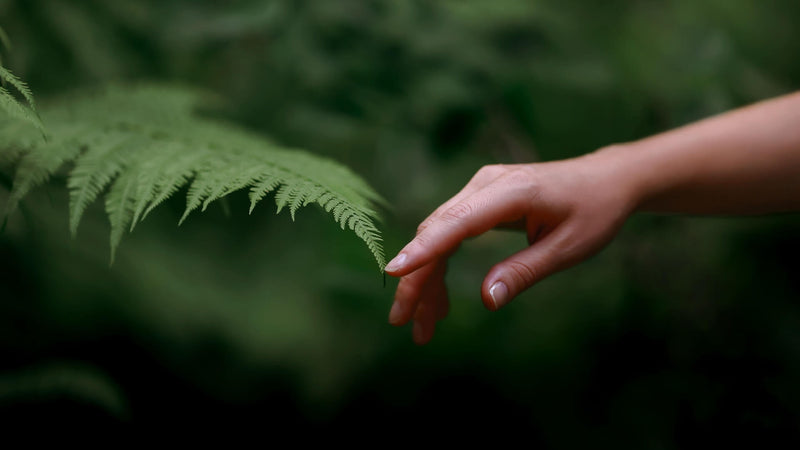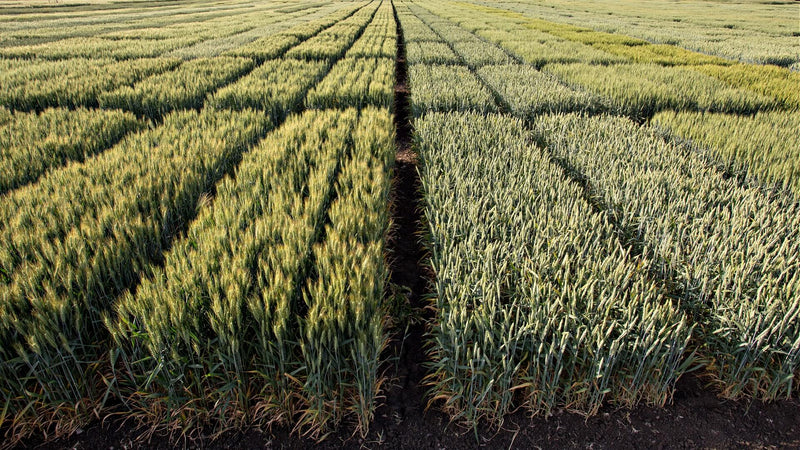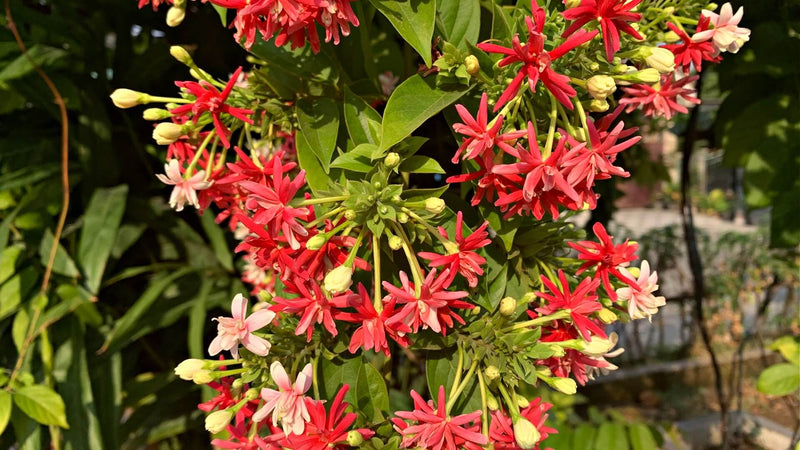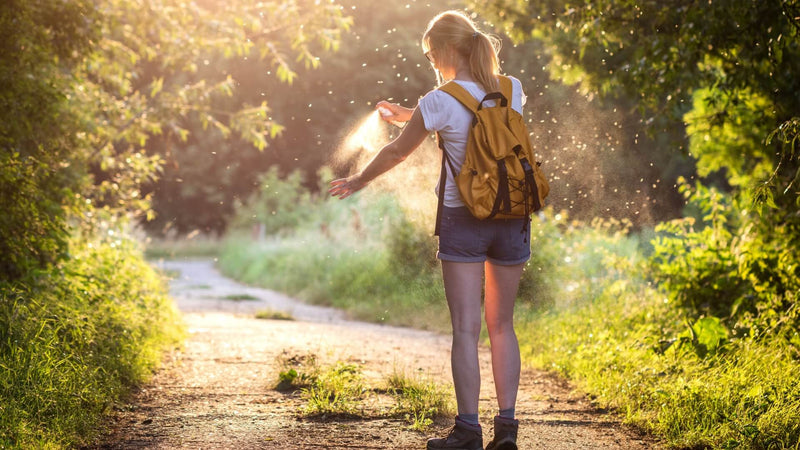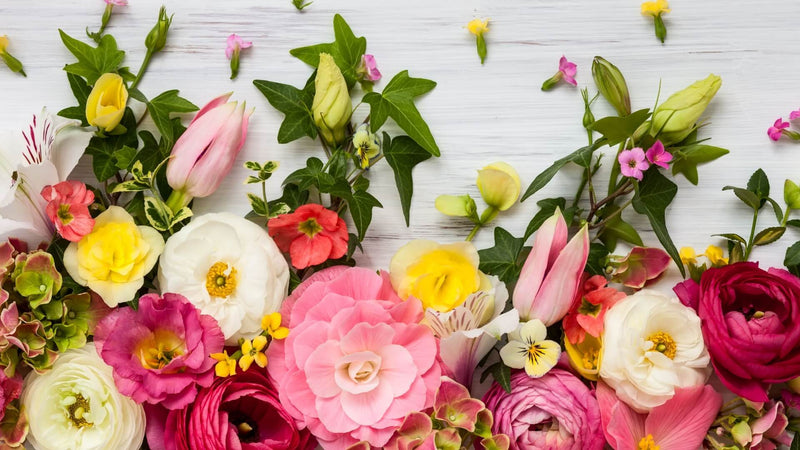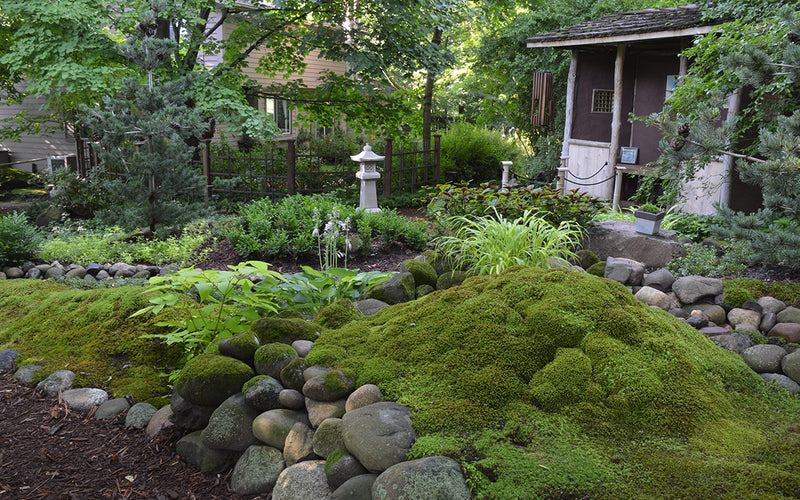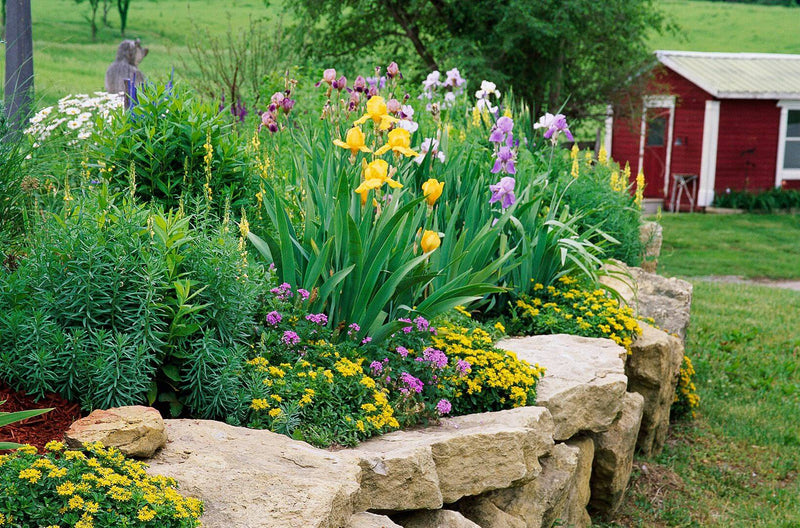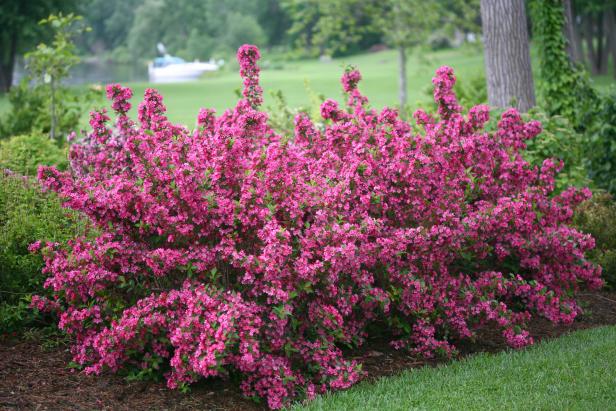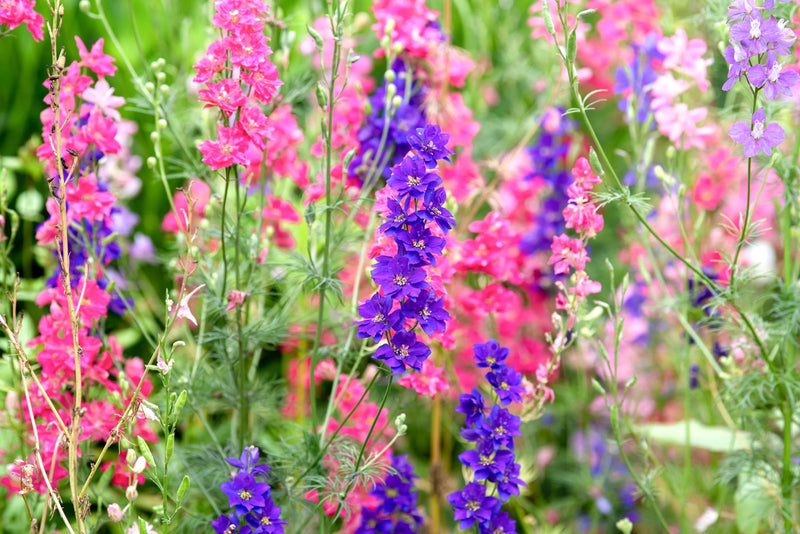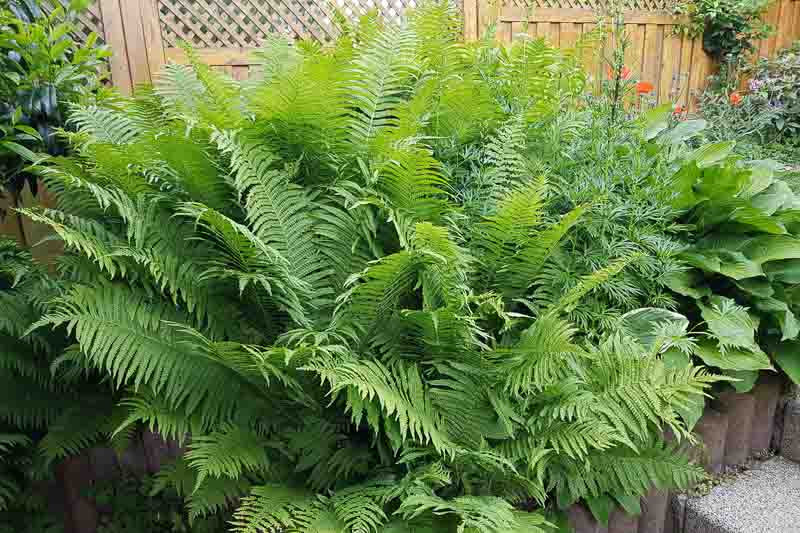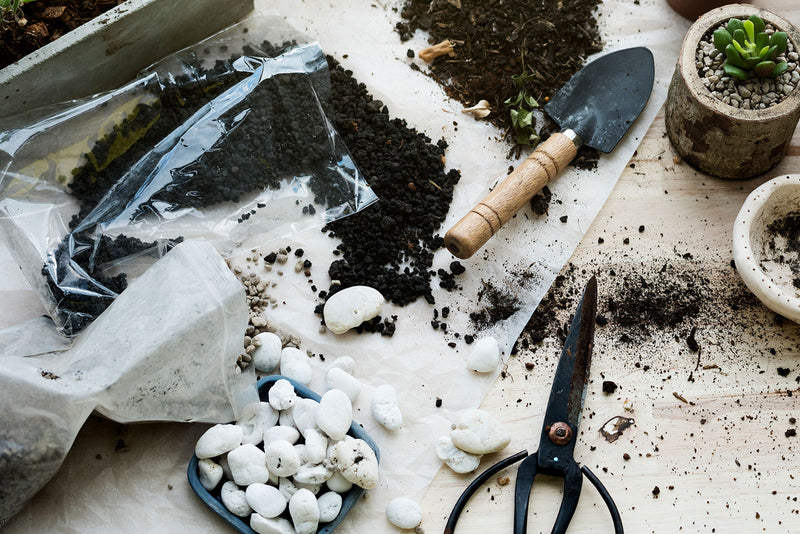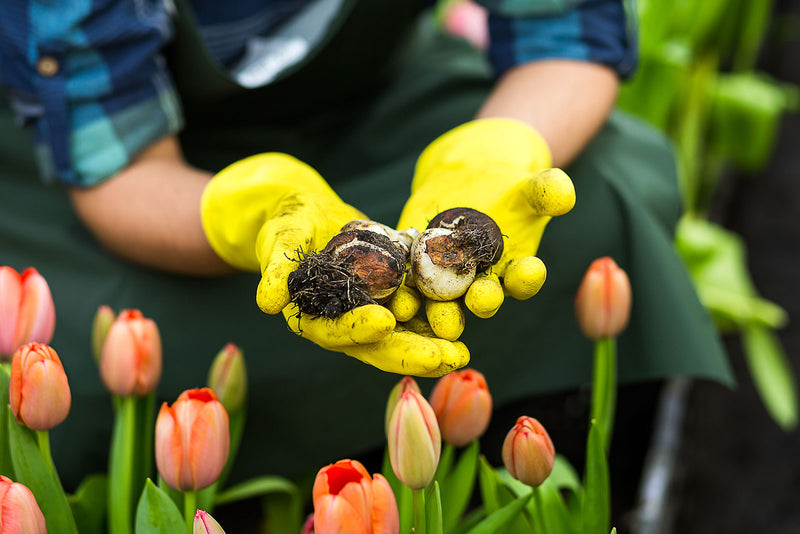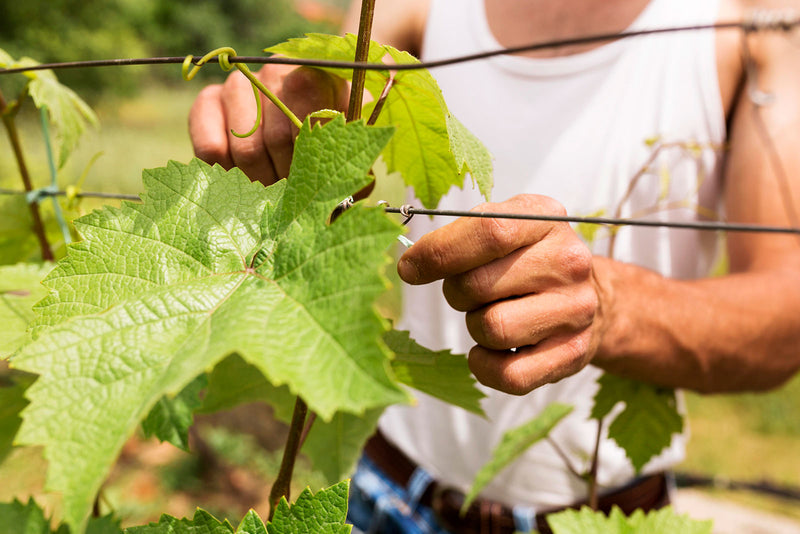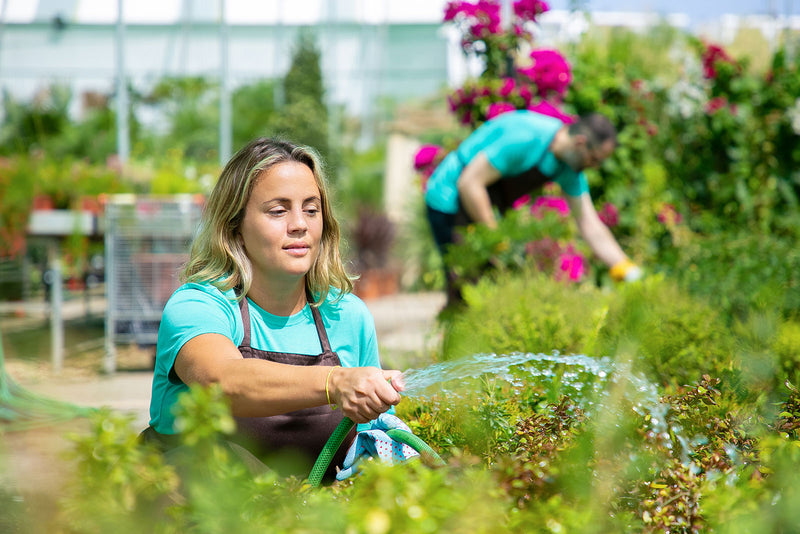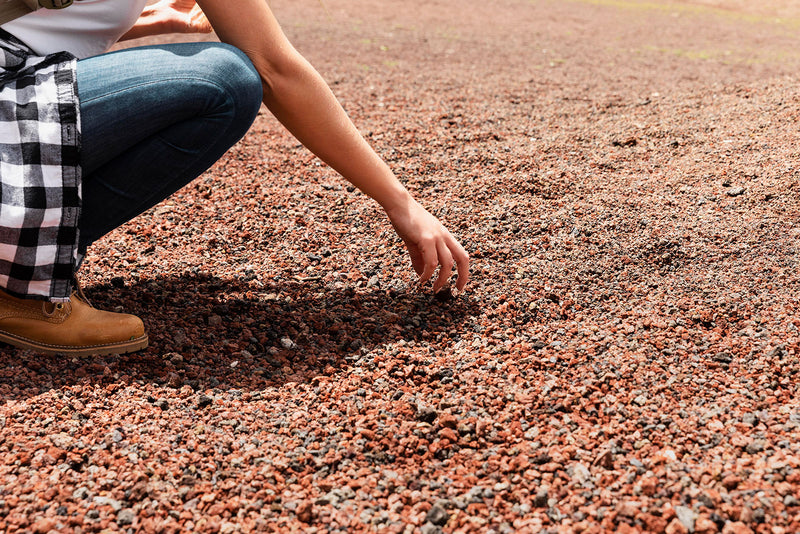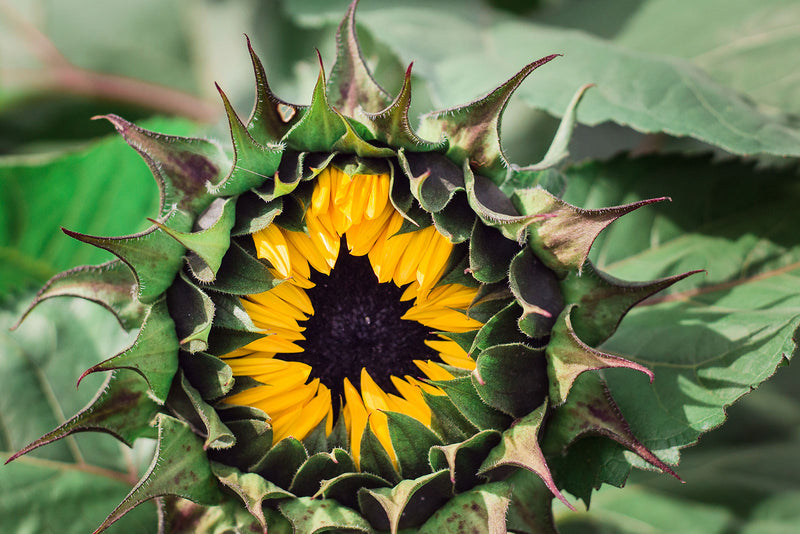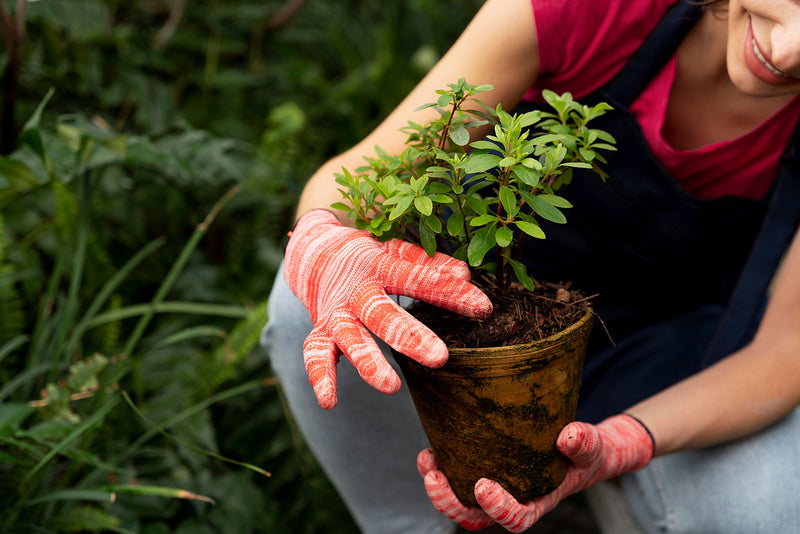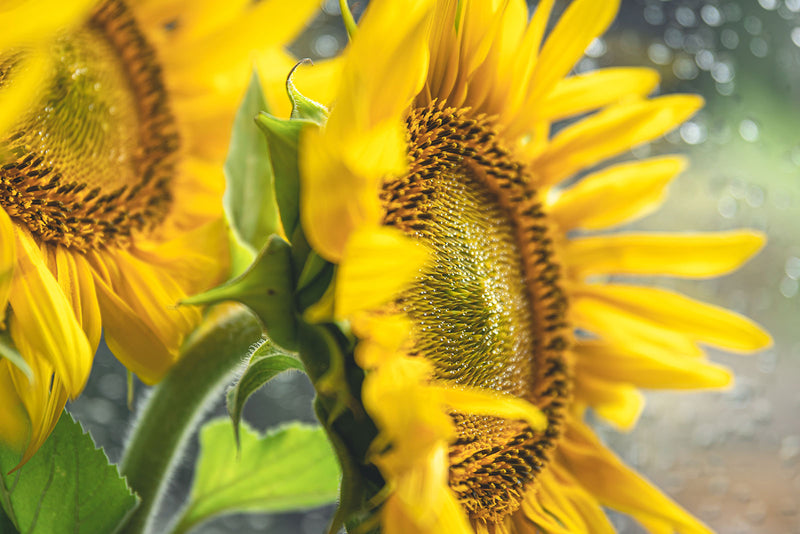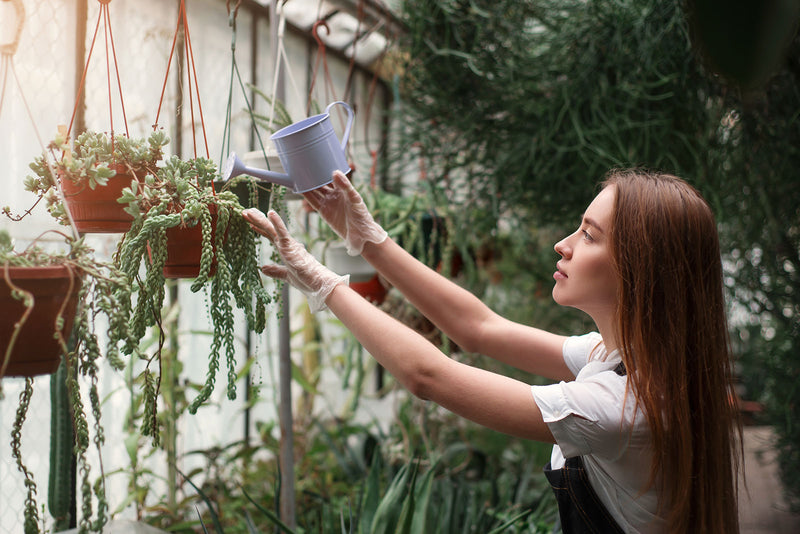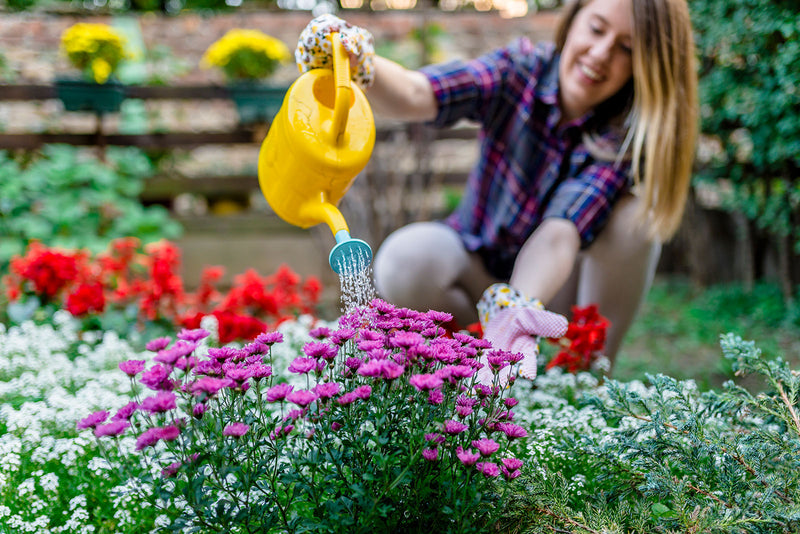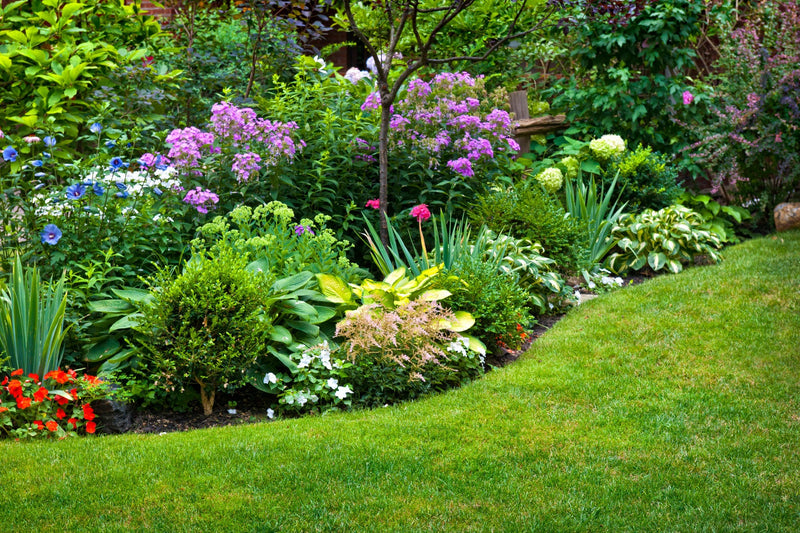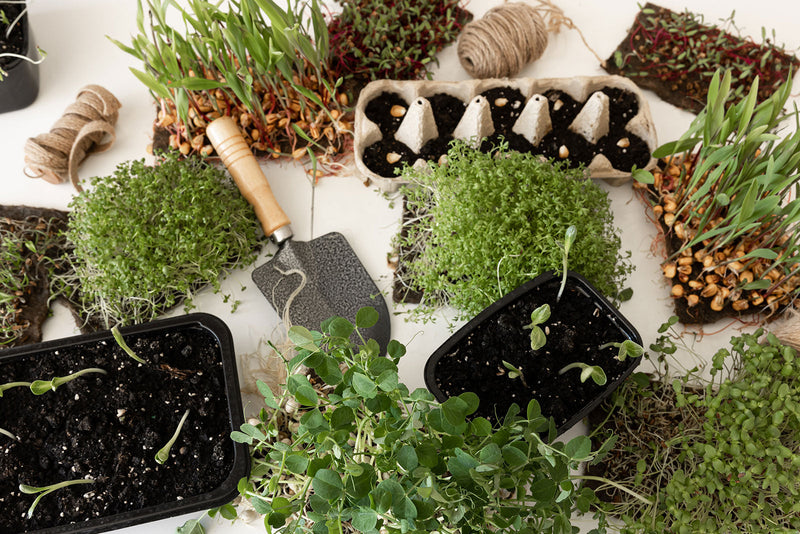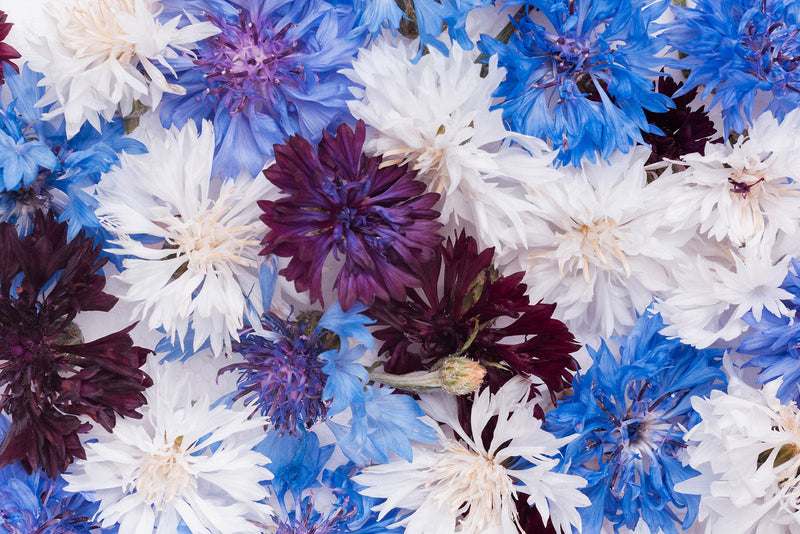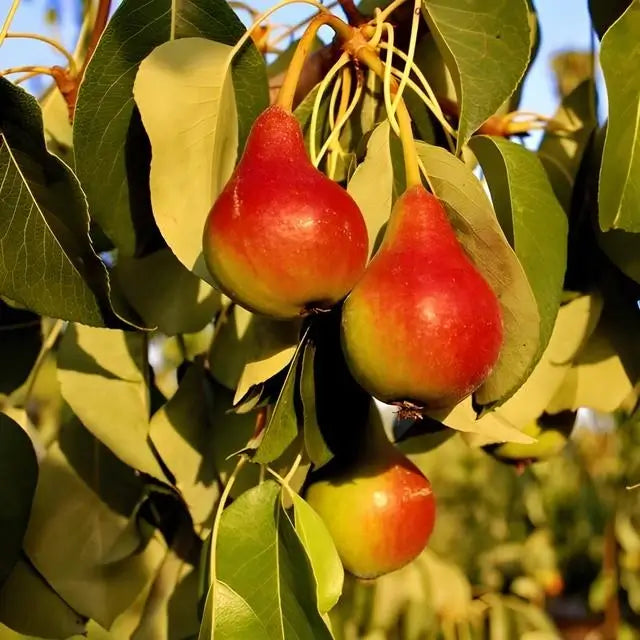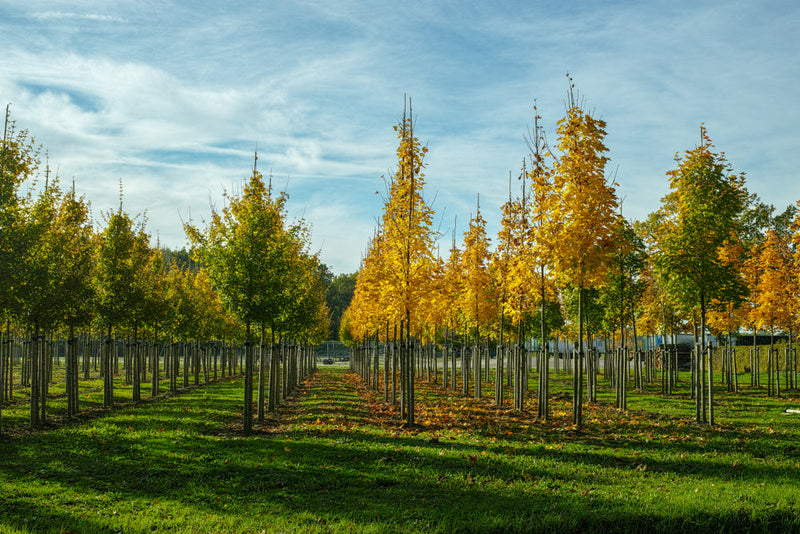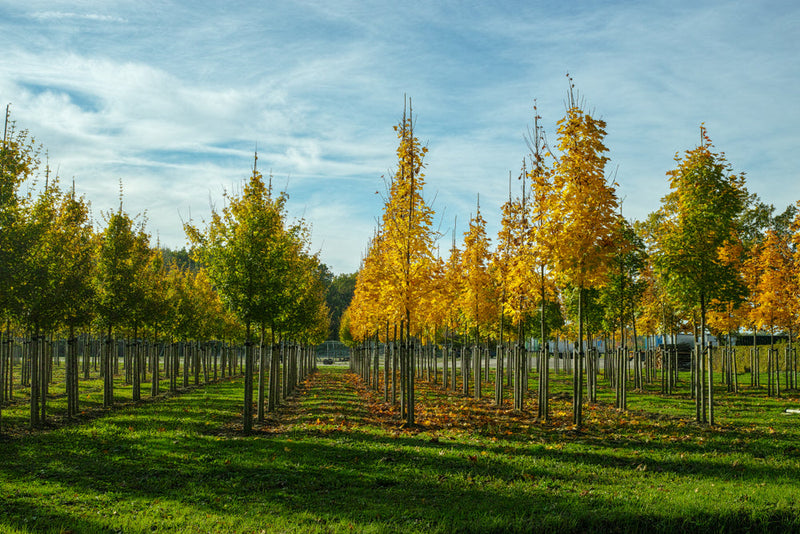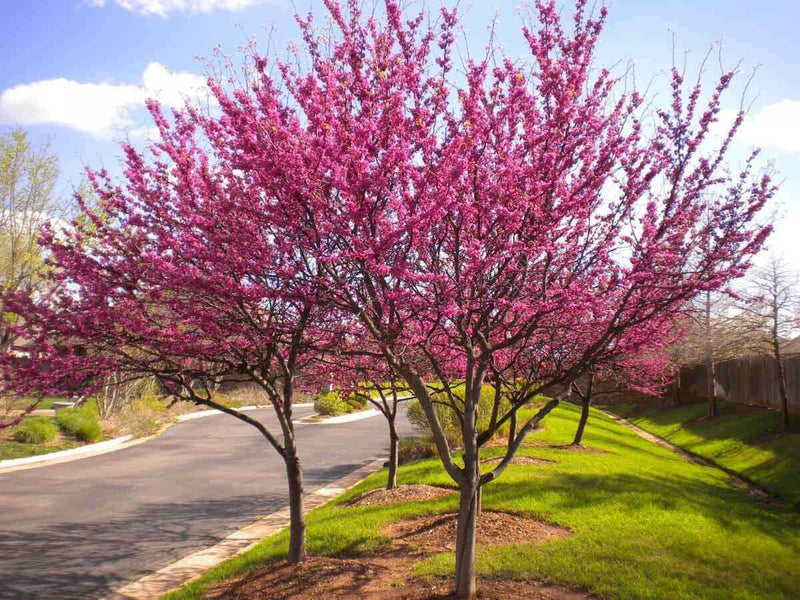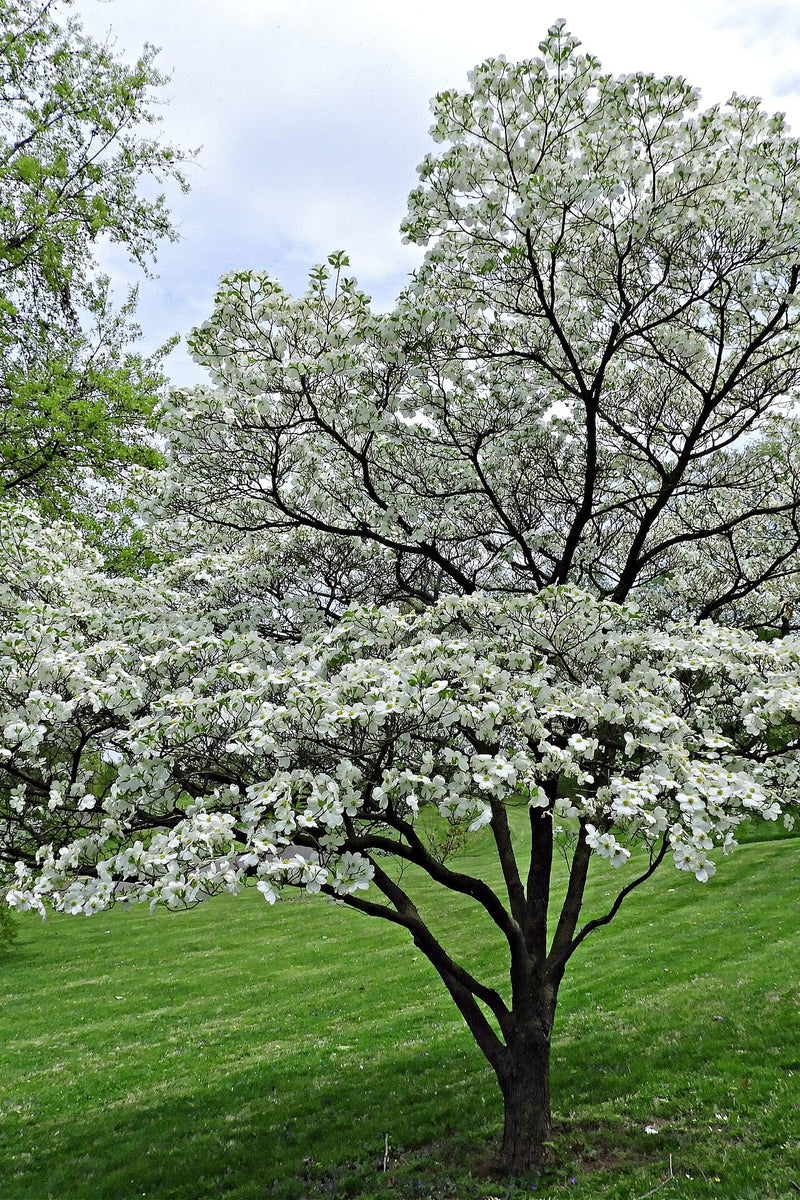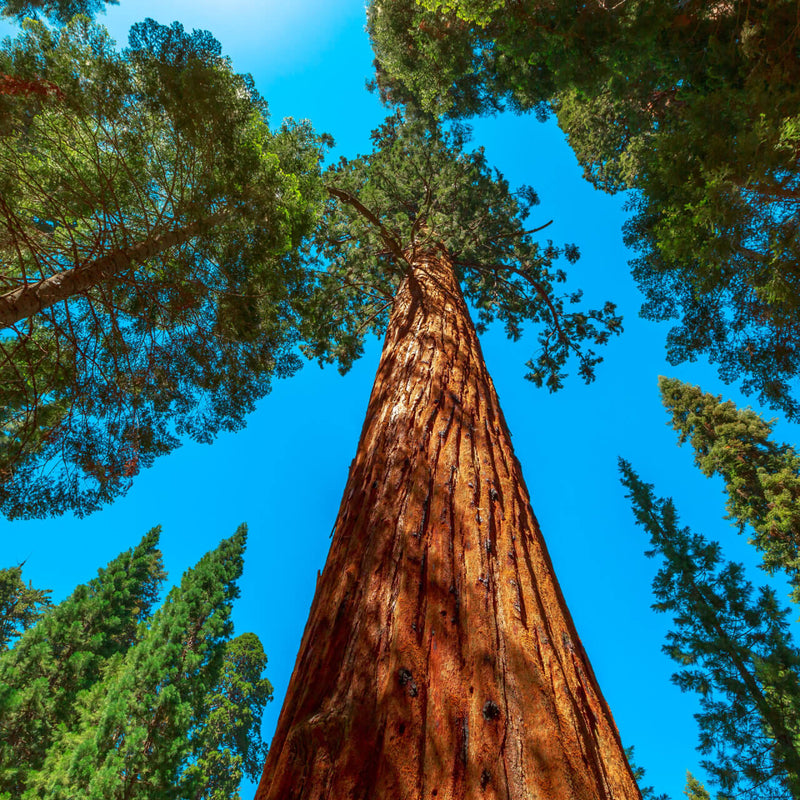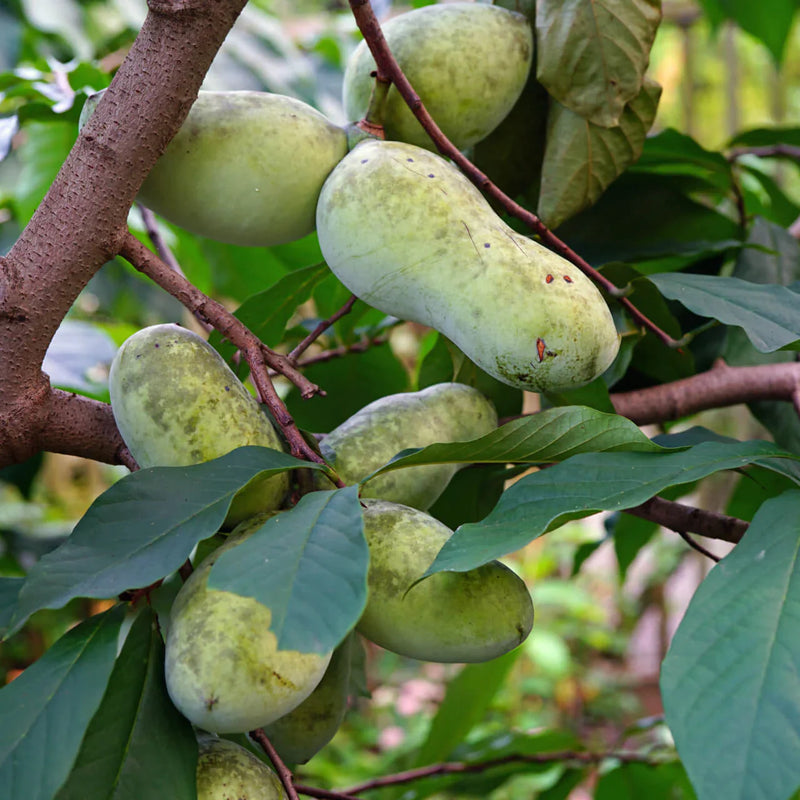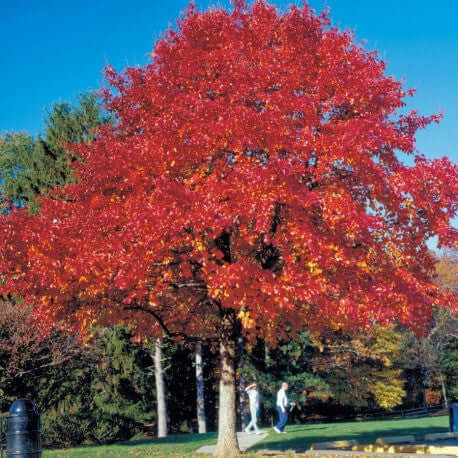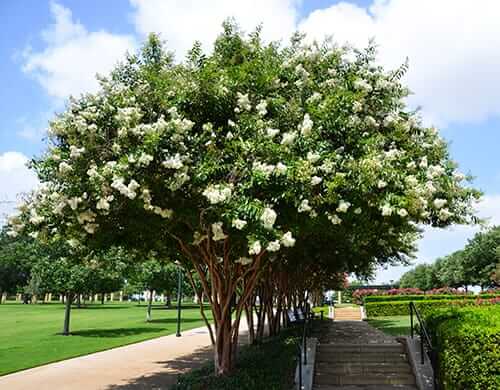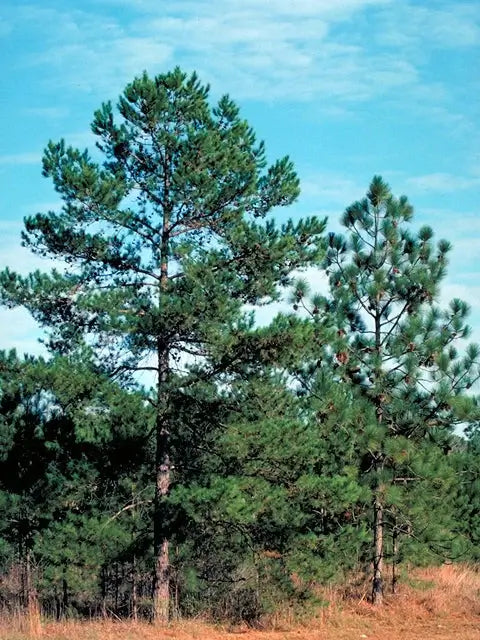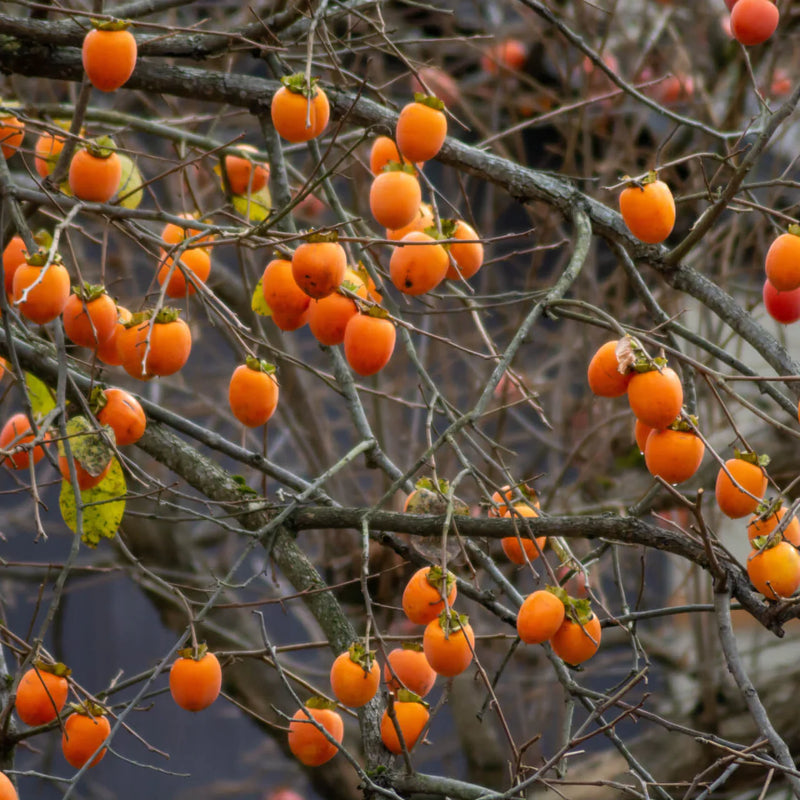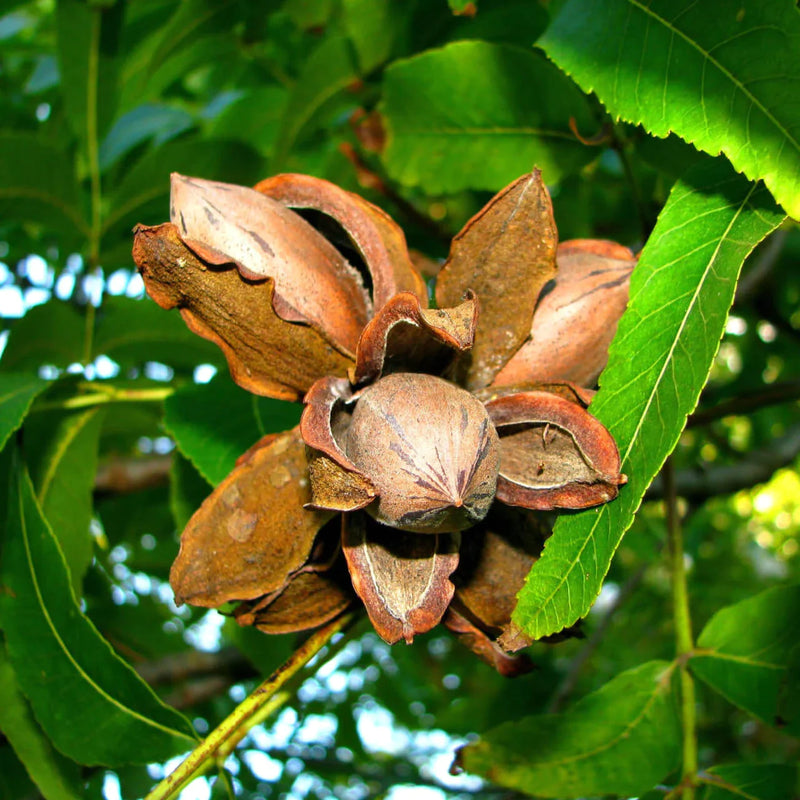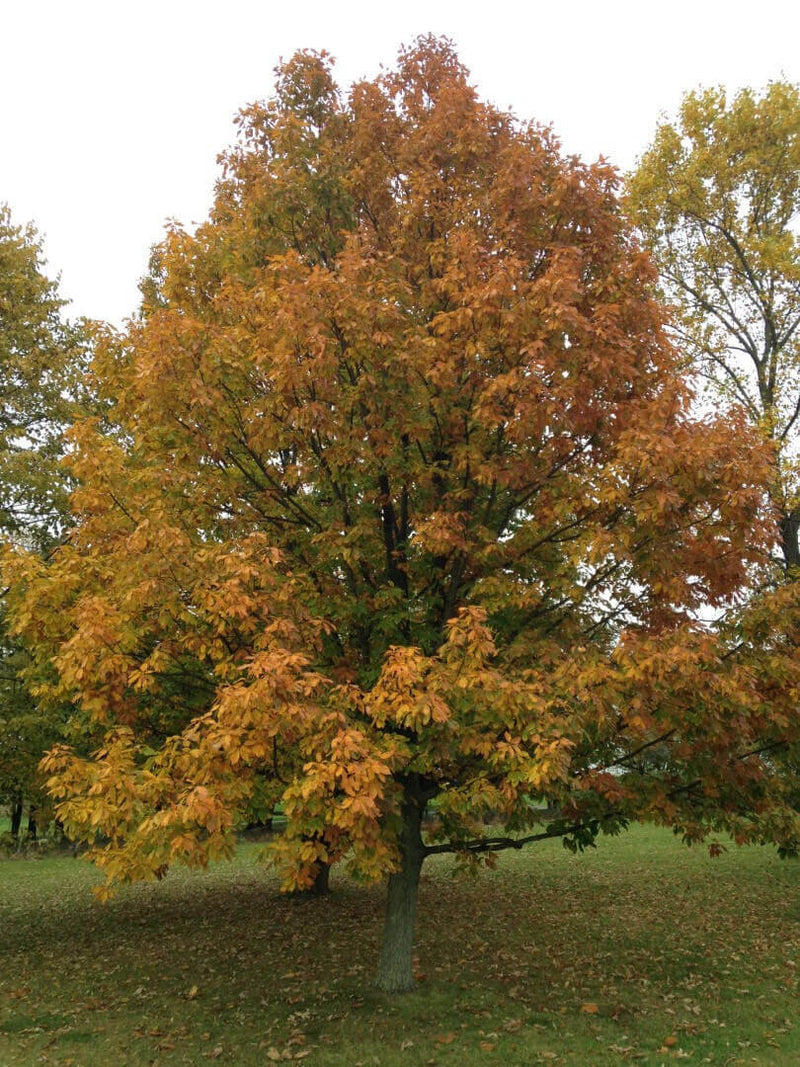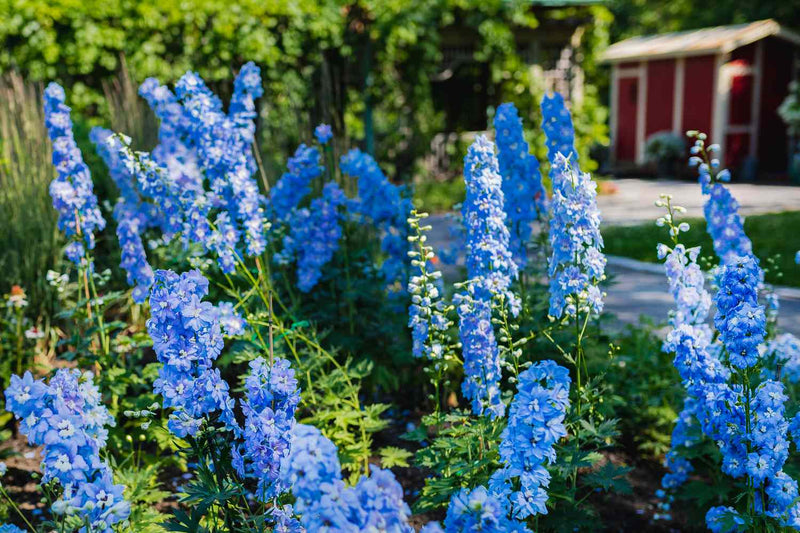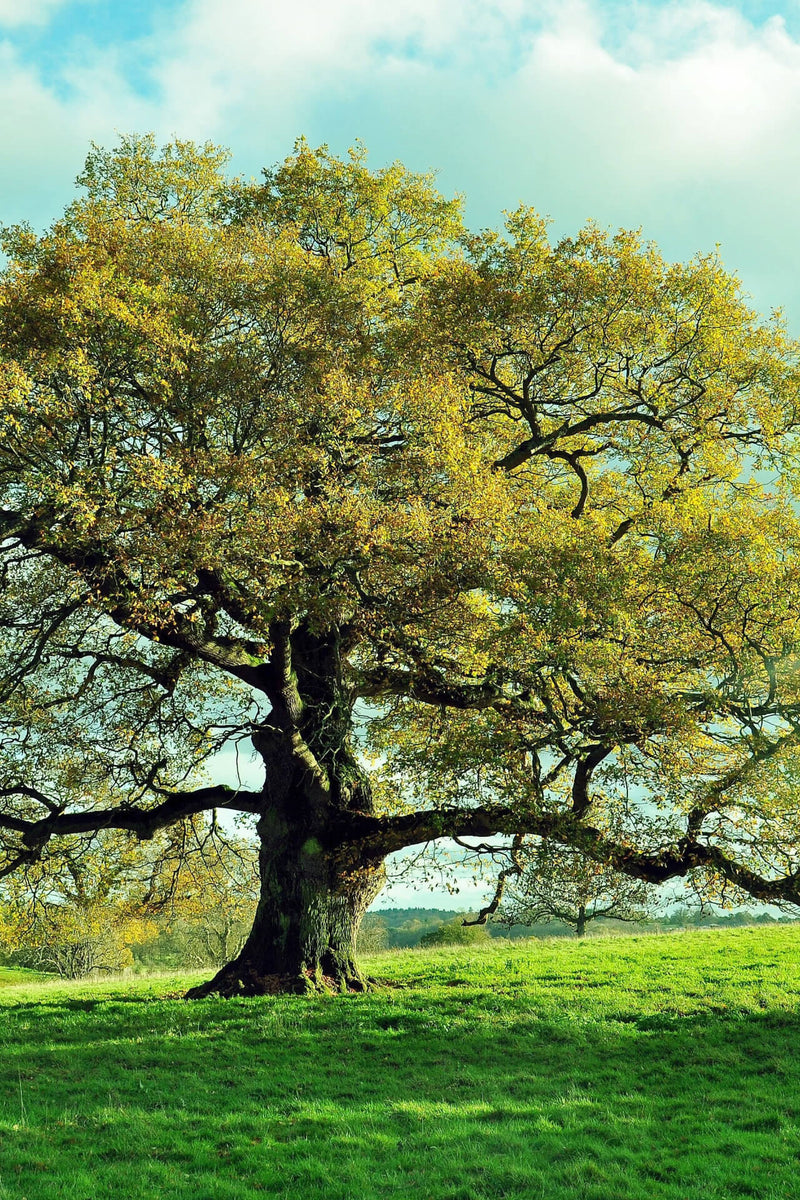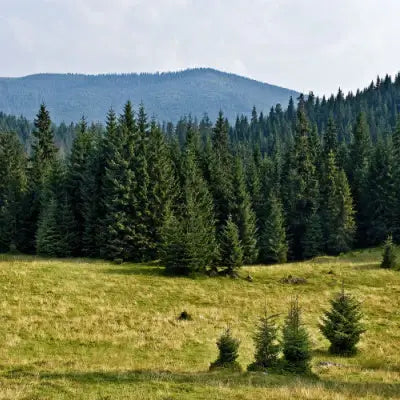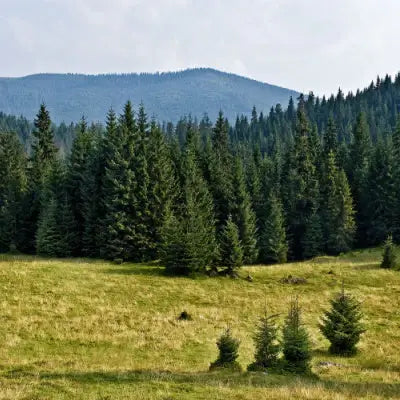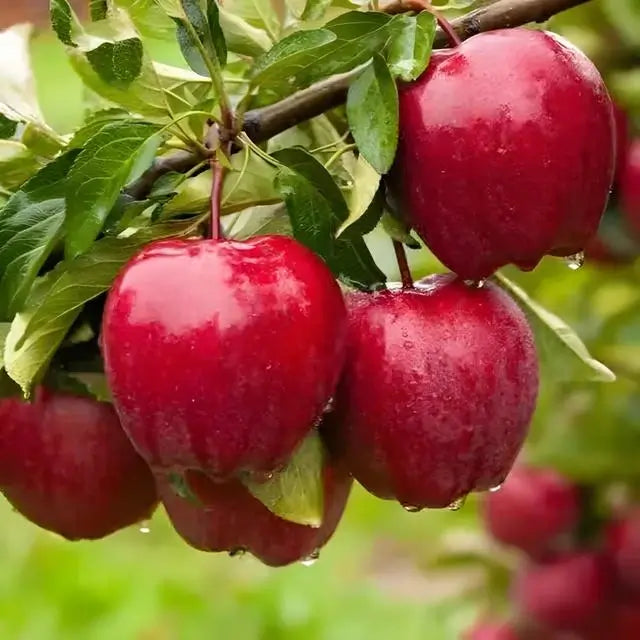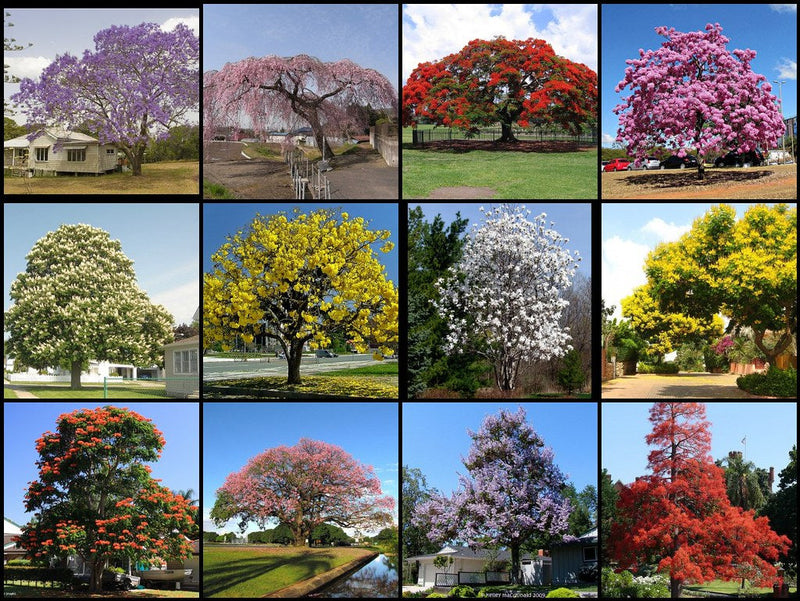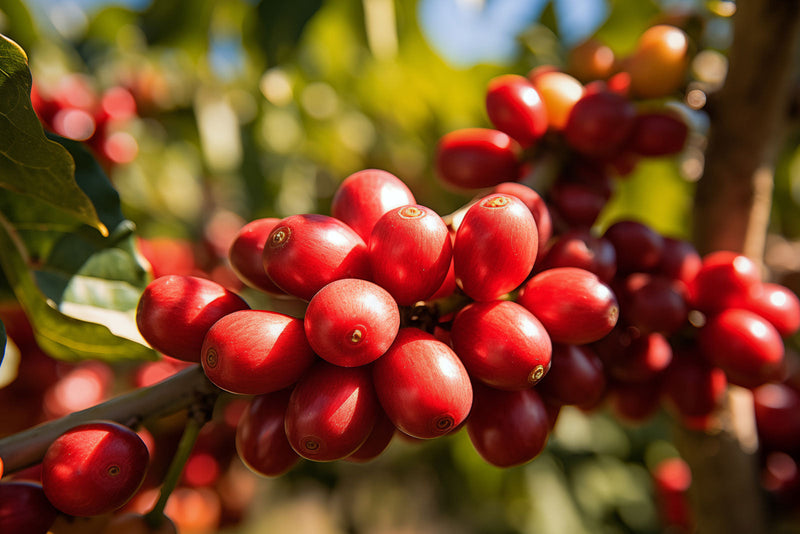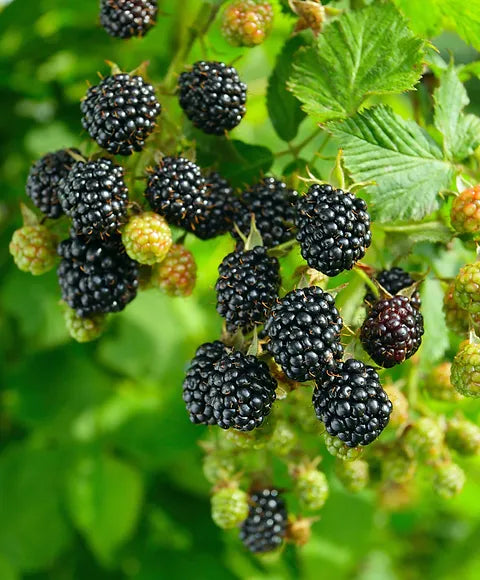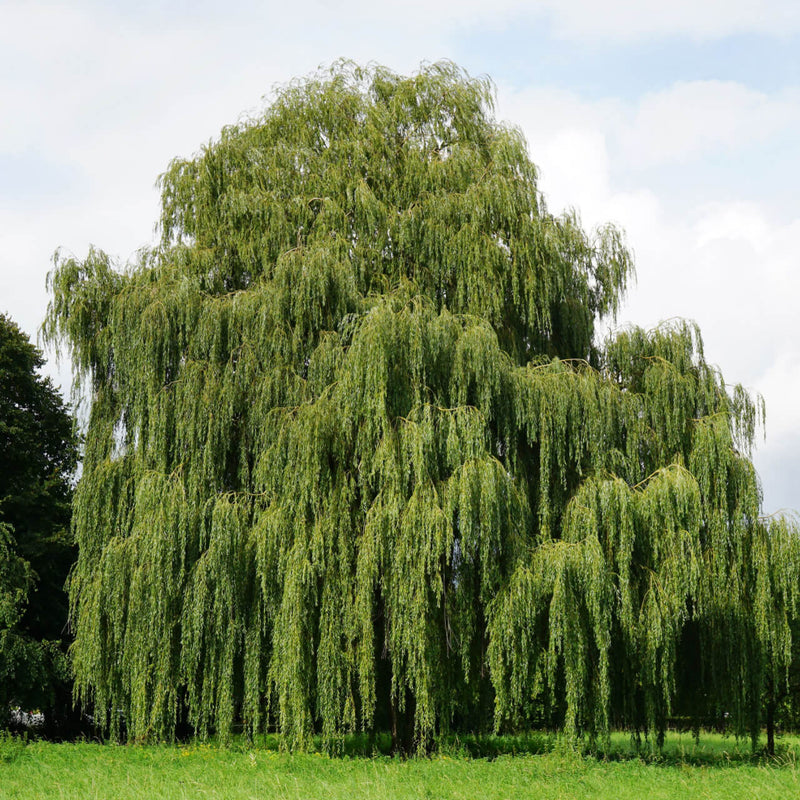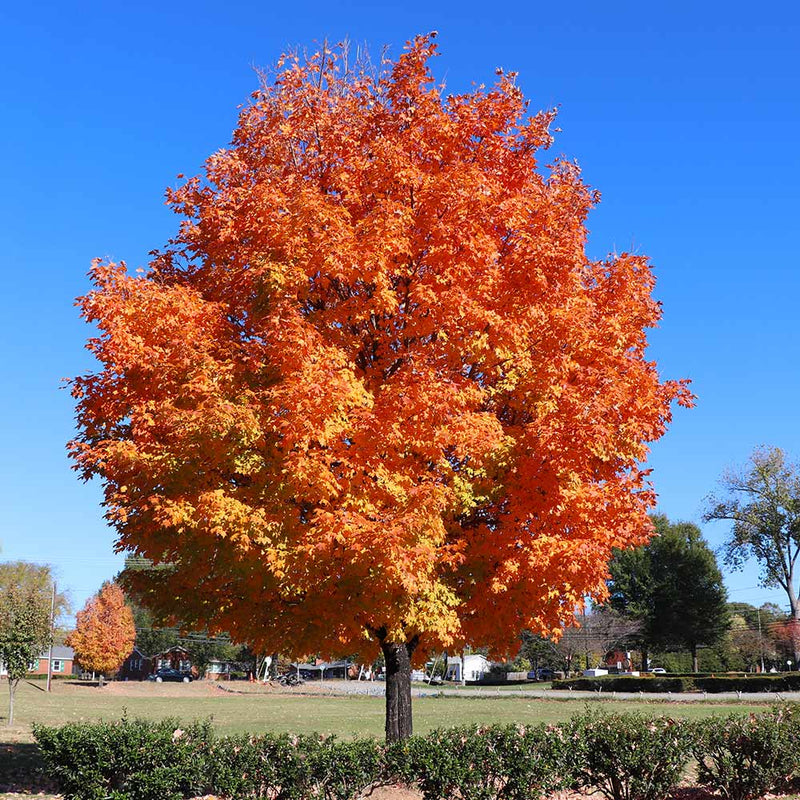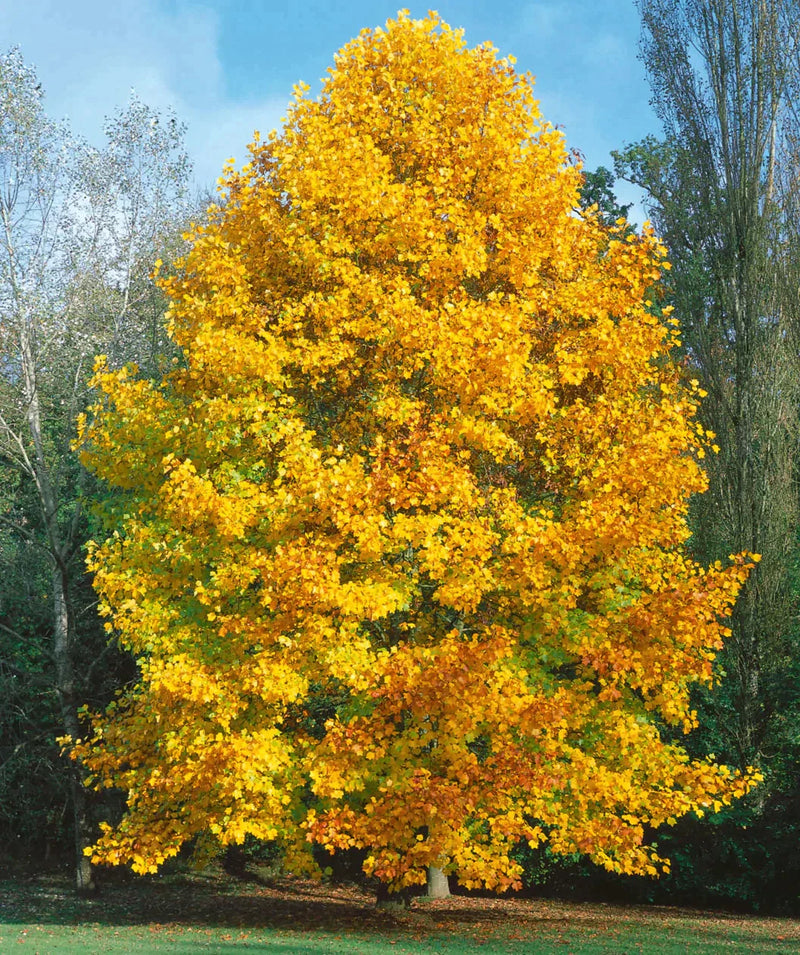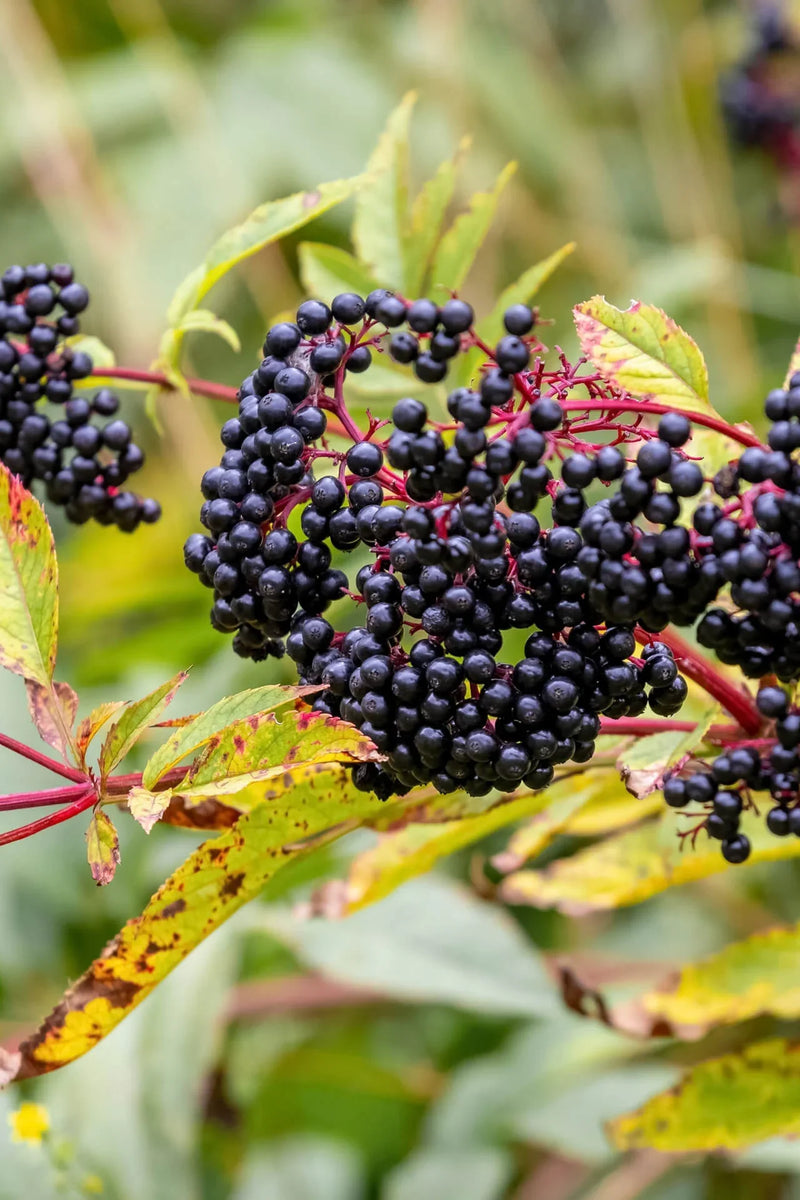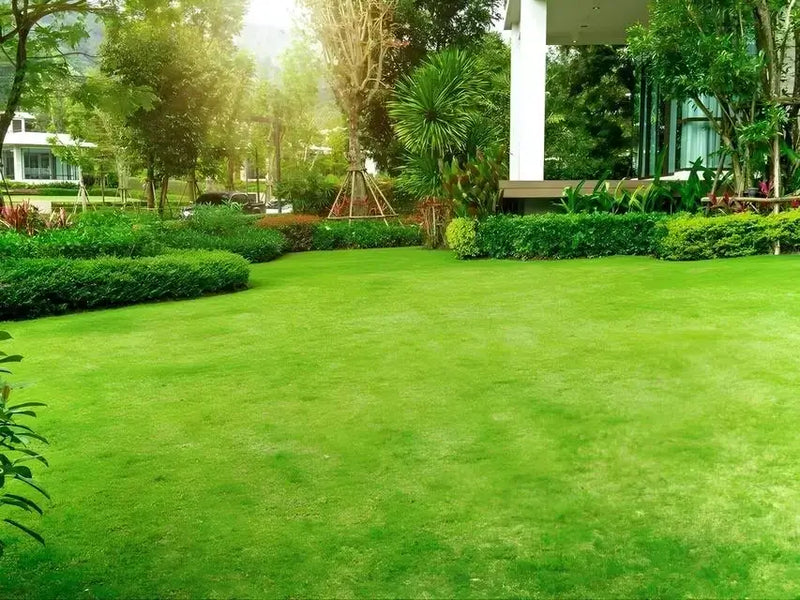Tuesday, July 26
TN Nurseries best selling perennials
Twinleaf plant
Trilliums
Solomon seal
Phlox
Designing your garden
Garden design may be a private thing that is usually an expression of one's character. What one may like, others may not.
A lot of people desire neat as well as tidy gardens which have zero surprises. At the same time, many enjoy the pleasure of windy paths, plenty of diverse plant material, and never knowing what is around the corner. Three wide varieties of gardens exist: formal, semi-formal, and informal. They could, after that, be divided into various types of gardens which are dependent upon what you want.
Some individuals are fortunate and also have this natural gift of understanding the best way to design space, causing it to be a lovely place to be in. Many people lack this same gene and find it challenging to think about precisely how the area may work. To produce an excellent design, you must understand that layout is mostly about managing areas and individuals moving around the house. The principle of a good garden plan centers round patterns and the area inside each pattern. You could achieve a specific feel for your garden using geometric shapes, triangles, circles, rectangles, etc. Therefore you are required to keep in mind ground patterns as well as a movement all over your outdoor areas. The place where you would like individuals to go Surface patterns may be accomplished using bricks, concrete as well as plant material, for example, cut grass, and so forth.
Formal gardens are often symmetrical and geometrical and are stringent in replicating designs in addition to plant materials added to either side. It is highly controlled; plants are shaped, clipped, and altered repeatedly and are often well suited for smaller gardens similar to courtyards. Urns, balustrades, gravel paths, marbles, parterres, formal swimming pools, and framed views are some sections of the formal garden. You will find zero surprises; you will know what to anticipate.
Simple designs are uneven and not as disciplined. Plants are permitted to spill above the structural elements, for example, walls, paths, and steps. Plant material is permitted to self-seed as well as wander throughout the garden. The simple garden design is much softer and filled with surprises. For that reason, you will never know what to anticipate.
Designing your garden? Then visit TN Nursery
